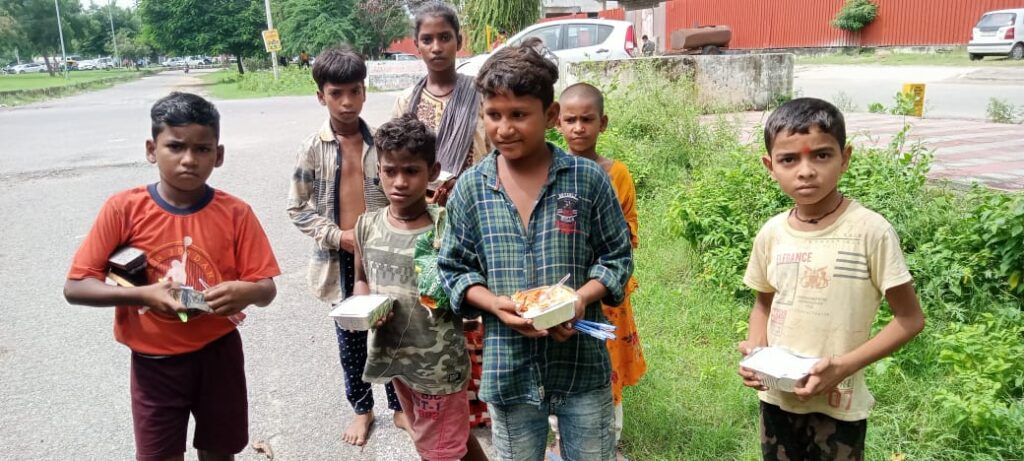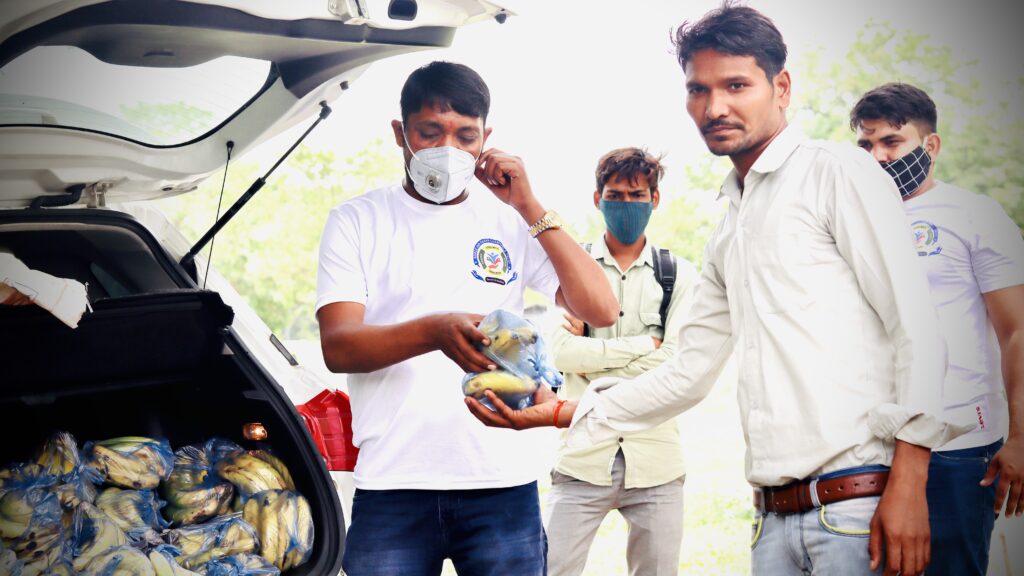How do you define a powerful nation? Is it their natural reserves, or their financial resources, or their People? Leaders across the globe would emphasise that the strength and state of the people is what makes a nation. After all, it is true that intellectual power is the strongest resource that any country possesses. Investing in nutrition for the development of this intellectual power is then, not an option, but a necessity.
But the sad reality that abounds us is the lack of the basic standards of nutrition that we have failed to provide to our citizens, our children- our future leaders. For a lot of us as urban dwellers, our bigger concern is not if we have food to eat, but rather of all the options we have available to us, which cuisine do we pick to eat. But the vast proportion of our population living on the hinges is battling with hunger- for food is the only thing on their mind. Any kind of food, but food that they can eat to stay alive- to live another day.
Some people might ask how that is even fair? But of course, fairness takes a backseat when it comes to the underprivileged. Hunger is the most pressing thing in their day-to-day life. In India, malnutrition amongst children has caused stunted growth for a major chunk of our little ones. To be precise, every 20 seconds, a child under the age of 5 dies due to malnutrition/preventable diseases. Children fail to achieve their full potential growth when micronutrient deficiencies hamper brain development, and problems like anaemia limit a child’s performance at school. The early symptoms of malnutrition are often ignored, and before one even realises it, children are already behind in their school exams and activities, and they look much younger than their real age.
The situation is worsened when it comes to girl children, as this often becomes a reason for parents to get their girls delisted from school, owing to their increasing health problems. But what is often missed is that it is not education causing the problem, but rather their lack of daily consumption of food that is the root of the issue. Given that the parents are also living below the poverty line, they too struggle to get a day’s full meal for the entire family.
Gripped by these problems that are inhibiting the growth of our children, Shree Jan Kalyan Charitable Trust has initiated a nutrition programme, which focuses on not only providing nutrition support to children across 4 remote locations so far but also on creating nutrition awareness in the context of healthy eating habits, the impact of nutrition on education, et al.

